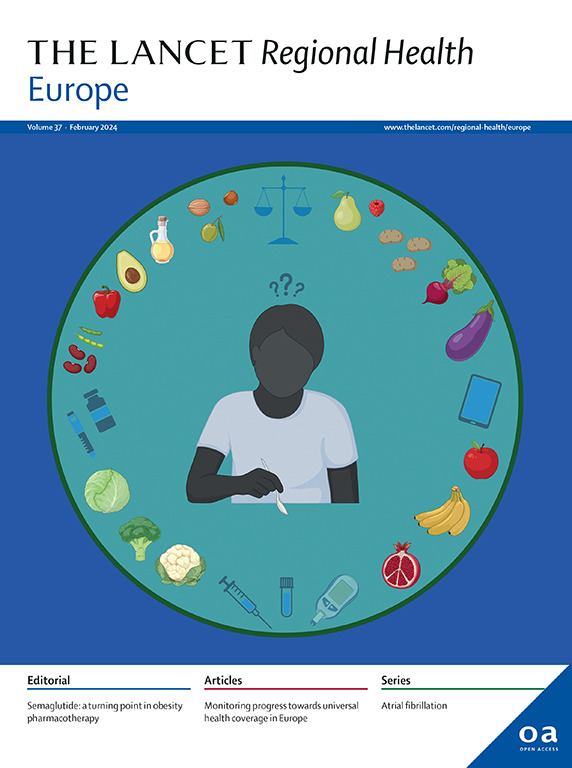Recent achievements and future directions of anti-obesity medications
IF 13.6
Q1 HEALTH CARE SCIENCES & SERVICES
引用次数: 0
Abstract
Pharmacological management of obesity long suffered from a reputation of a ‘Mission Impossible,’ with inefficient weight loss and/or unacceptable tolerability. However, the tide has turned with recent progress in biochemical engineering and the development of long-acting agonists at the receptor for glucagon-like peptide-1 (GLP-1), and with unimolecular peptides that simultaneously possess activity at the receptors for GLP-1, the glucose-dependent insulinotropic polypeptide (GIP) and glucagon. Some of these novel therapeutics not only improve body weight and glycemic control in individuals with obesity and type 2 diabetes with hitherto unmet efficacy and tolerable safety, but also exhibit potential therapeutic value in diverse areas such as neurodegenerative diseases, fatty liver disease, dyslipidemia, atherosclerosis, and cardiovascular diseases. In this review, we highlight recent advances in incretin-based therapies and discuss their pharmacological potential within and beyond the treatment of obesity and diabetes, as well as their limitations in use, side effects, and underlying molecular mechanisms.
抗肥胖药物的最新成果和未来方向
长期以来,肥胖症的药物治疗一直背负着 "不可能完成的任务 "的名声,减肥效果不佳和/或耐受性不可接受。然而,随着生物化学工程的最新进展和胰高血糖素样肽-1(GLP-1)受体长效激动剂的开发,以及同时具有 GLP-1、葡萄糖依赖性促胰岛素多肽(GIP)和胰高血糖素受体活性的单分子肽的开发,这一趋势已经扭转。其中一些新型疗法不仅能改善肥胖症和 2 型糖尿病患者的体重和血糖控制,具有迄今为止尚未达到的疗效和可耐受的安全性,而且在神经退行性疾病、脂肪肝、血脂异常、动脉粥样硬化和心血管疾病等多个领域也具有潜在的治疗价值。在这篇综述中,我们将重点介绍增量素疗法的最新进展,并讨论它们在肥胖症和糖尿病治疗领域内外的药理潜力,以及它们在使用、副作用和潜在分子机制方面的局限性。
本文章由计算机程序翻译,如有差异,请以英文原文为准。
求助全文
约1分钟内获得全文
求助全文
来源期刊

Lancet Regional Health-Europe
Multiple-
CiteScore
19.90
自引率
1.40%
发文量
260
审稿时长
9 weeks
期刊介绍:
The Lancet Regional Health – Europe, a gold open access journal, is part of The Lancet's global effort to promote healthcare quality and accessibility worldwide. It focuses on advancing clinical practice and health policy in the European region to enhance health outcomes. The journal publishes high-quality original research advocating changes in clinical practice and health policy. It also includes reviews, commentaries, and opinion pieces on regional health topics, such as infection and disease prevention, healthy aging, and reducing health disparities.
 求助内容:
求助内容: 应助结果提醒方式:
应助结果提醒方式:


